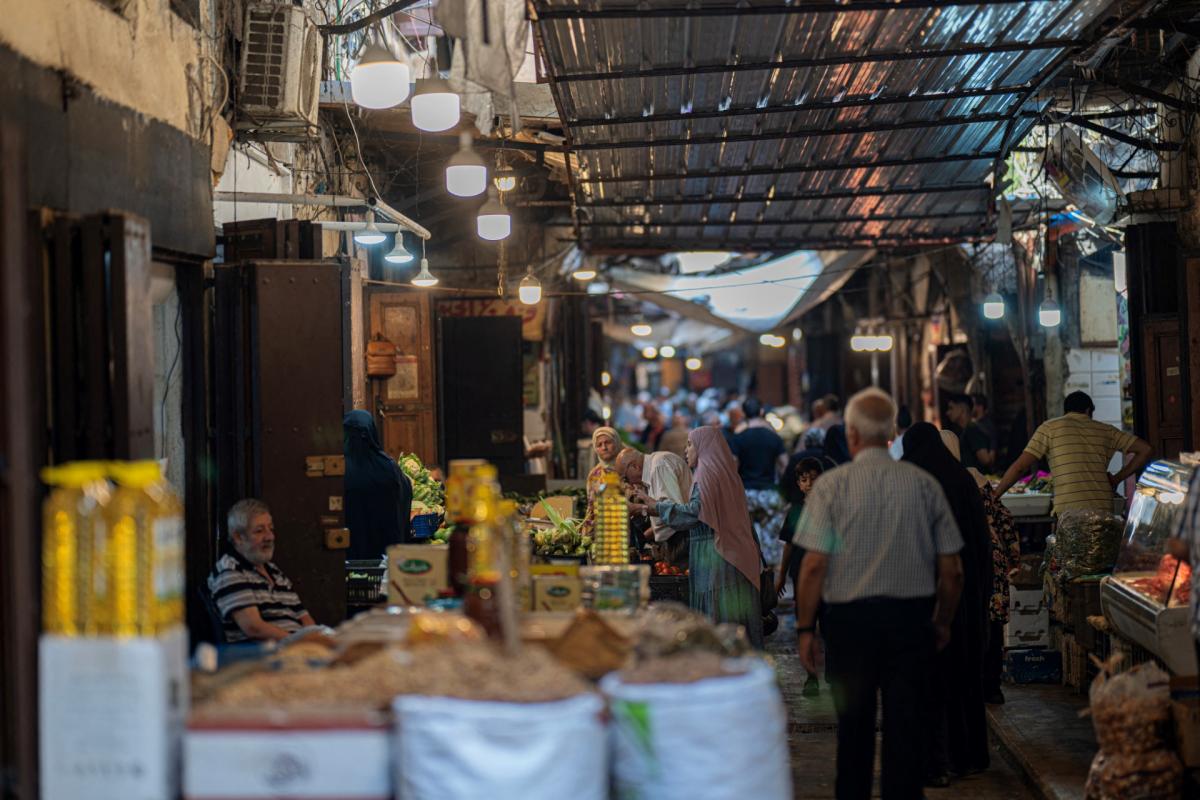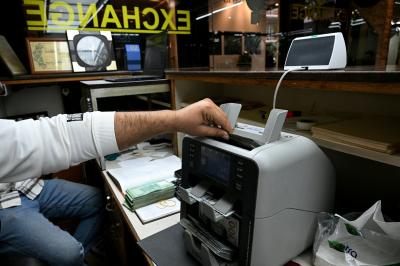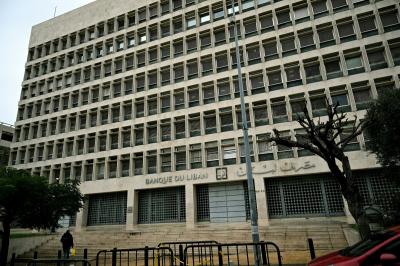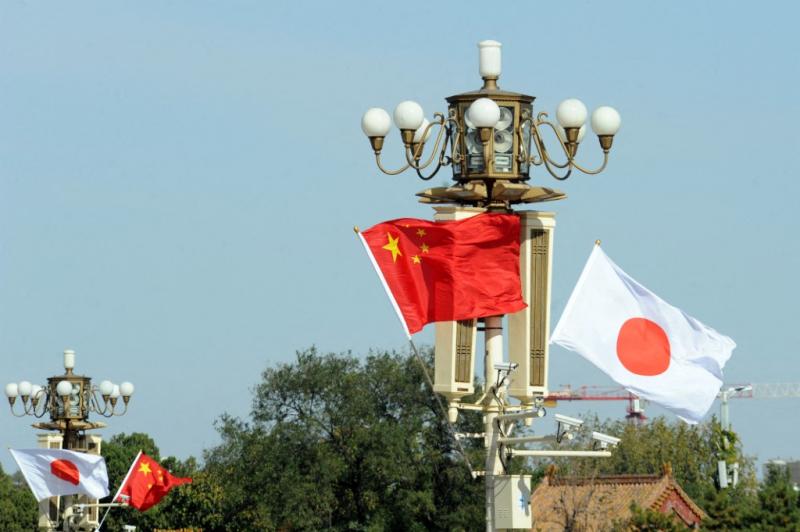If, as the popular saying goes, “nothing lasts forever,” Lebanon’s continued surge in prices seems to defy that wisdom — as though rising costs have become the country’s inescapable fate. This won’t change any time soon unless officials abandon their futile economic and social policies. Today, Lebanon ranks third among Arab countries for the highest cost of living, trailing only Qatar and the United Arab Emirates.
Just days ago, Lebanon’s Central Administration of Statistics released its Consumer Price Index (CPI) for May 2025. The data shows prices rose by 1.3% compared to April, and by 14.5% year-on-year — meaning that goods and services cost nearly 15% more this May than in May 2024. These sharp, repeated monthly increases raise questions, especially given that the exchange rate has remained relatively stable at around 89,500 Lebanese pounds to the dollar, and that global prices haven’t seen major spikes — not even at the height of the escalating Iran-Israel war.
The Drivers Behind Soaring Prices
The rise in Lebanon’s CPI — which reflects price changes across 12 key categories of goods and services regularly consumed — stems from two main reasons: one official, the other hidden.
The official reasons include:
- Periodic changes in supply and demand: This applies to locally sourced products like fruits and vegetables, and globally traded goods like coffee, cocoa, and grains. For instance, the Ministry of Economy’s May 26 food basket report showed vegetable prices fell by 5.8%, canned food prices stayed flat, while meat, eggs, and dairy products rose by less than 1%. Fruit prices rose by around 2%.
- Imported inflation: Global price increases, such as for wheat, have driven up flour prices. Rising fuel and insurance costs have pushed up shipping expenses, with vessels taking longer routes to avoid conflict zones like the Red Sea.
- Price adjustments in key sectors: This is most visible in services. Education costs have risen 30.74% year-on-year, rent by 27%, and healthcare by 21.61%.
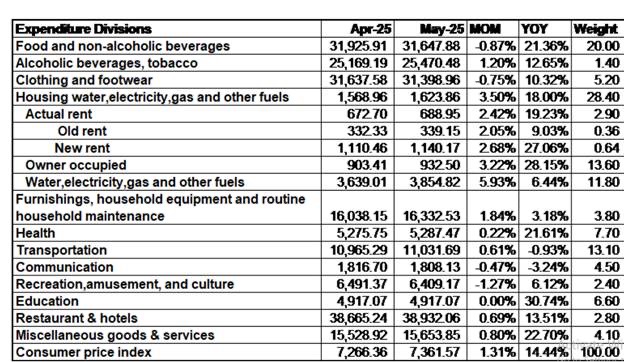
The hidden reason:
While these factors are the official explanation, the real and persistent driver of price hikes is the lack of market competition.
As Dr. Zahir Berro, head of Lebanon’s Consumer Association, points out: “Blaming price hikes on the absence of market oversight is futile in a free-market economy. There’s no such thing as price controls in this system.” According to Berro, Lebanon’s fixation on the lack of oversight is merely a cover for deeper structural problems:
- First and foremost, market concentration and the absence of competition. A controversial 2022 law (Law 281) set up the National Competition Authority, but no implementing decrees have been passed in over three years. The law’s loopholes — like allowing exclusive agency arrangements to continue for three years, and setting a dominant market share at 35% (far higher than the 15% threshold common elsewhere) — effectively allow a handful of traders to control entire markets.
- Second, Lebanon produces little of what it consumes, relying on imports for over 90% of its needs — a vulnerability compounded by a political elite deeply entwined with the trading sector.
- Third, chronic political and security instability keeps the economy in a constant state of uncertainty.
As a result, Lebanon seems doomed — for the foreseeable future — to endure high and rising prices. Even the modest monthly increases of 1% to 2% add up to more than 15% annually, far exceeding the global inflation targets by a factor of seven.
Please post your comments on:
[email protected]
 Politics
Politics





